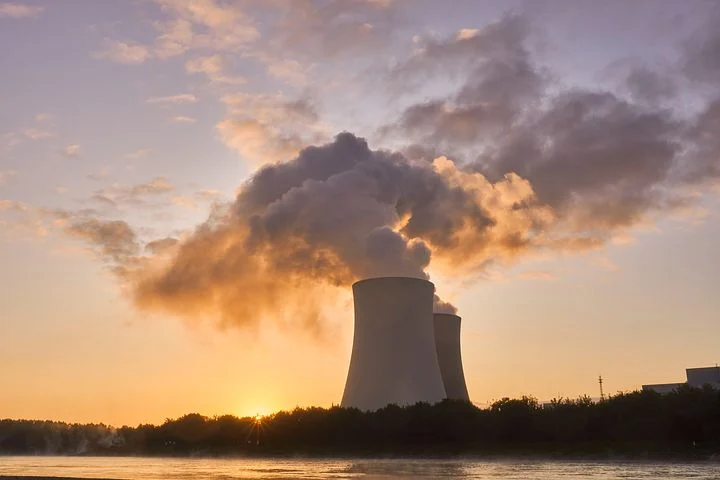Europe has an energy problem. Thus Japan is about to restart more nuclear plants to produce more power. The plan is to help ease Europe’s energy supply deficit during the winter. Also, more liquefied natural gas (LNG) will become available by this step, announced the Executive Director of the International Energy Agency (IEA), Dr. Fatih Birol.
Europe is trying hard to speed up energy supply to be prepared for this winter. There are fears of possible blackouts and recession due to the Russia-Ukraine war that affects gas supply. Europe needs reliable energy sources immediately to save its industry above all.
Restarting inactive plants
Investments in renewable energy sources take time and money. Thus, Japanese Prime Minister Fumio Kishida announced that Japan would restart more of the temporarily inactive nuclear plants to help ease the energy crisis in Europe.
Kishida announced a new stage for a major policy shift on nuclear energy by looking to develop next-generation reactors. This happens ten years after the Fukushima nuclear plant disaster. The disaster in Fukushima caused immense environmental damage.
Is restarting nuclear plants green?
IEA chief Fatih Birol told the International Energy Symposium in Tokyo that he agrees with Japan’s government’s decision to restart nuclear power plants. He also said that IEA considers the usage of nuclear power as an initiative of green transformation.
Japan is one of the largest importers of LNG, so restarting nuclear plants means energy security for the country. According to Birol, this will push forward climate change measures. But, the reality is the less Japan’s economy is dependent on LNG, the more LNG will be available on the world’s market.
Greenpeace activists said last week that LNG and nuclear energy sources must not be considered green energy. Greenpeace and other environmental activists have already started a legal campaign against the European Commission’s decision to include natural gas and nuclear energy in the EU’s list of “green” investments.

